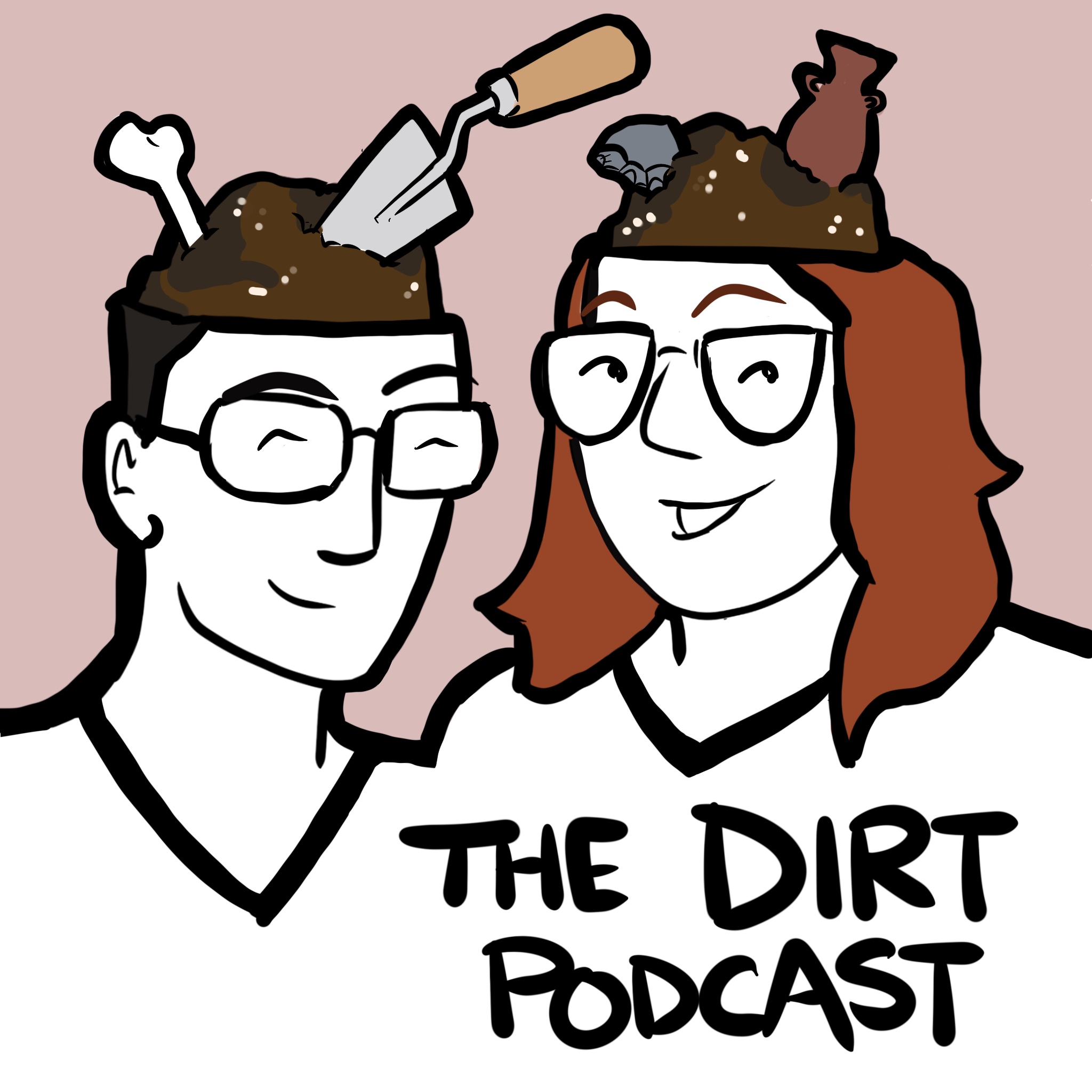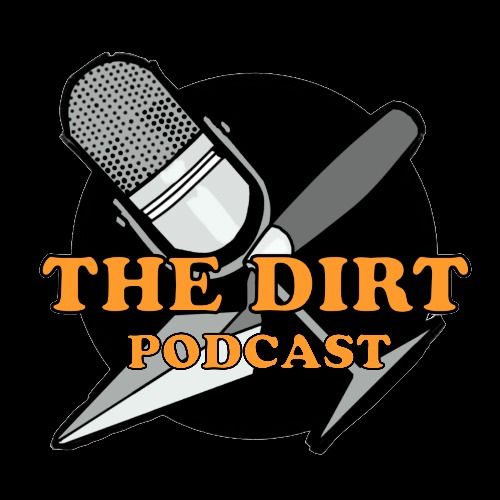Episode 170
Neanderthalk with "Kindred" Author Dr. Rebecca Wragg Sykes (113) - Ep 170
We hope you enjoy this great interview from the archives. If you're doing cool research, and want to talk about it on the show, drop us a note at thedirtpodcast@gmail.com!
Anna and Amber sit down with Dr. Rebecca Wragg Sykes, Paleolithic archaeologist and author of the book "Kindred: Neanderthal Life, Love, Death, and Art." We talk about Rebecca's education and her love for all things ancient, and she resolves some common misconceptions about our Neanderthal cousins. "Kindred" just came out in the States, so pick up a copy of your very own for an amazing synthesis of current Neanderthal knowledge.
Links
- Neanderthals Among Mammoths: Excavations at Lynford Quarry, Norfolk (via Archaeology Data Service)
- Marie Skłodowska-Curie Individual Fellowships (European Commission)
- Trowelblazers
- Rebecca Wragg Sykes
Contact
- Email the Dirt Podcast: thedirtpodcast@gmail.com
ArchPodNet
- APN Website: https://www.archpodnet.com
- APN on Facebook: https://www.facebook.com/archpodnet
- APN on Twitter: https://www.twitter.com/archpodnet
- APN on Instagram: https://www.instagram.com/archpodnet
- Tee Public Store
Affiliates

